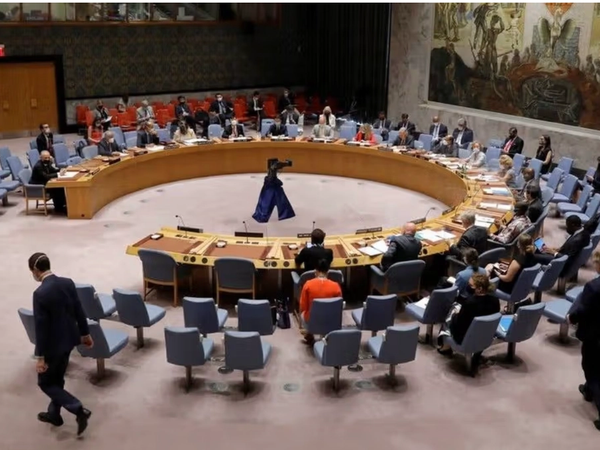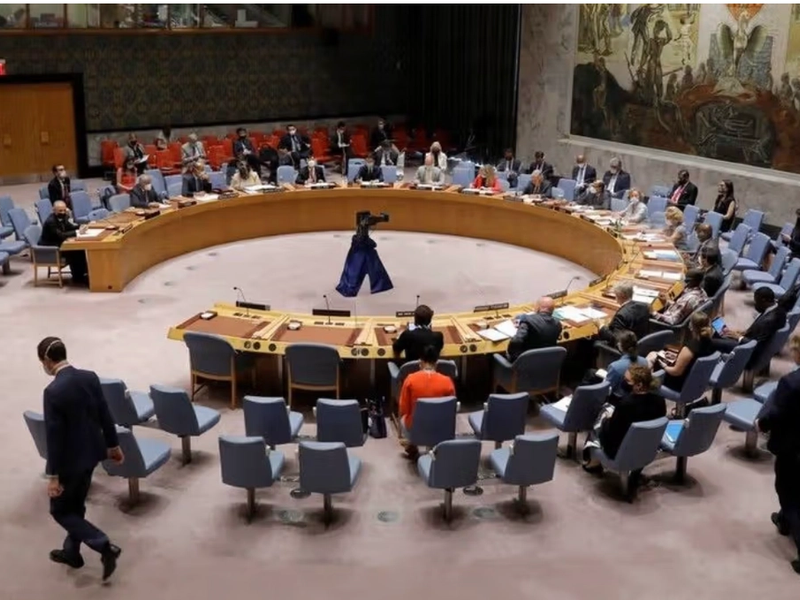The United Nations Security Council will hold a meeting on Afghanistan in September, where Roza Otunbayeva, the UN secretary-general’s special representative, is expected to deliver her final report before the end of her mandate.
A civil society representative and the UN human rights commissioner are also scheduled to brief the Council.
The Council said Afghanistan’s human rights situation remains dire, particularly for women and girls. It cited UNAMA’s most recent report, which documented cases of arbitrary arrests of women and highlighted systematic abuses by the Taliban.
Independent UN experts on 14 August urged the international community to reject the Taliban’s authoritarian rule and resist efforts to normalise its regime. Richard Bennett, the UN special rapporteur for human rights situation in Afghanistan, said the Taliban have used the justice system to suppress women, girls and LGBTQ+ people.
The Council noted that the International Criminal Court has issued arrest warrants for Taliban leader Hibatullah Akhundzada and Abdul Hakim Haqqani, the group’s chief justice, on charges of crimes against humanity for gender-based persecution. UN Women has also warned that Afghan women are on the verge of being completely erased from public life.
The humanitarian crisis remains severe. The Council said 22.9 million Afghans, more than half the population, are expected to need aid this year, while 12.6 million faced crisis or emergency levels of food insecurity between March and April. It added that deportations from Iran and Pakistan have worsened conditions, with the International Organization for Migration reporting more than 1.5 million returns so far in 2025.
The Council also noted the Taliban’s efforts to end isolation, citing Russia’s recognition of the group and a recent trilateral meeting in Kabul with the foreign ministers of China and Pakistan. It stressed that UNAMA and participants in the Doha process are working on a roadmap for political engagement with the Taliban, though members warned that the group’s refusal to meet international commitments, especially on women’s rights, remains a central obstacle.
The Council reiterated concern about terrorism threats from Afghanistan. While all members voiced support for a peaceful, inclusive Afghanistan free of terrorism, the United States, Britain and France maintained that the Taliban must comply with international norms before gaining legitimacy or development assistance.

